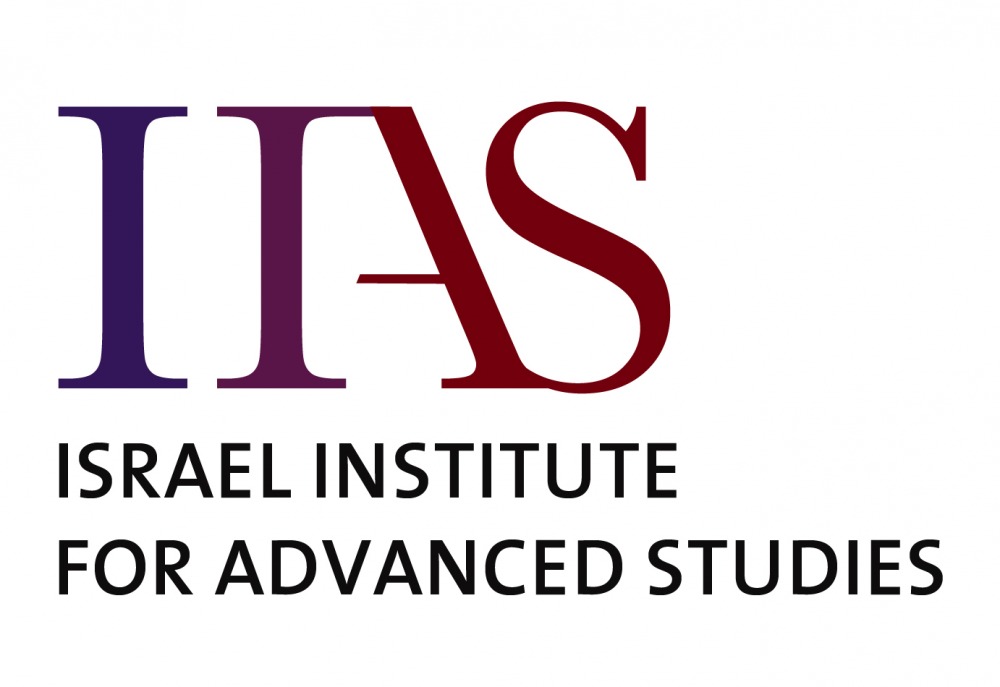
General Equilibrium: The Causes and Consequences of Incomplete Markets
General Director:
Kenneth J. Arrow, Stanford University
Co-director:
Motty Perry, The Hebrew University of Jerusalem
The modern theory of general equilibrium has extended the range of markets to include the purchase and sale of goods to be delivered in the future and conditionally on the occurrence of now-unknown states of the world. This insight has been very illuminating and has been used heavily in macroeconomic analysis. Nevertheless, it suffers from the obvious defect that the number of markets needed is extremely large, and it is obvious that many of the markets called for in the models do not exist. It has long been known that by creating markets for state-dependent nominal securities, the number of markets needed can be considerably reduced, it is nevertheless clear that the existing markets are not sufficient to create the equivalent of a full general equilibrium. As a result, there has been a considerable literature on the existence of general equilibrium with incomplete markets, on the multiplicity of these equilibria, and on their welfare implications. It is of course obvious that the first-best Pareto optimum cannot be obtained, but the question has been raised whether incomplete markets can yield Pareto optima under the conditions that only transfers permitted by existing markets are possible. The question also arises as to why markets are incomplete. If the markets that exist are endogenously determined, then the existence and welfare questions may have to be reexamined.
Speakers:
K. J. Arrow, Stanford University
A. Bisin, MIT
J.D. Duffie, Stanford University
J. Geanakoplos, Yale University
H. Polemarchakis, University of Louvain
With the participation of the Center for the Study of Rationality and Interactive Decision Theory

